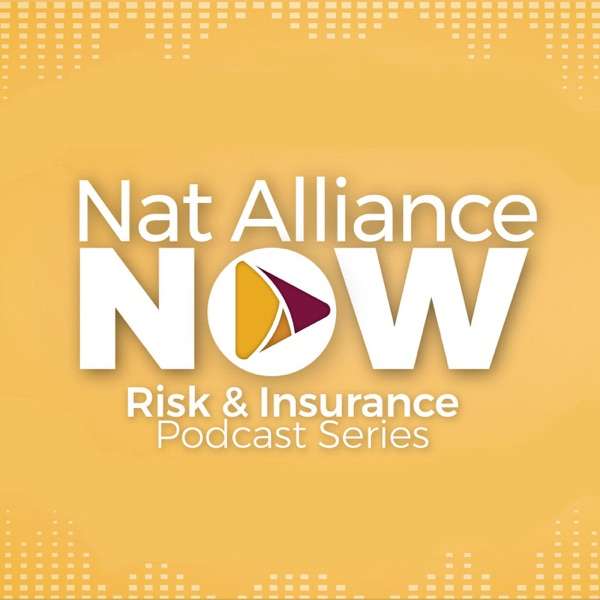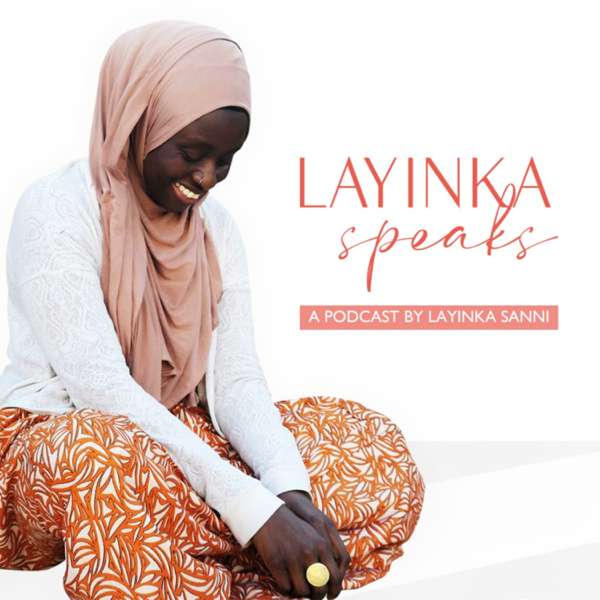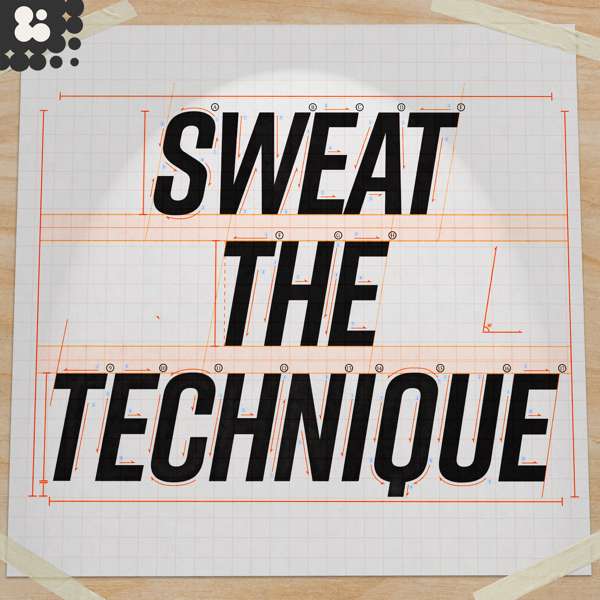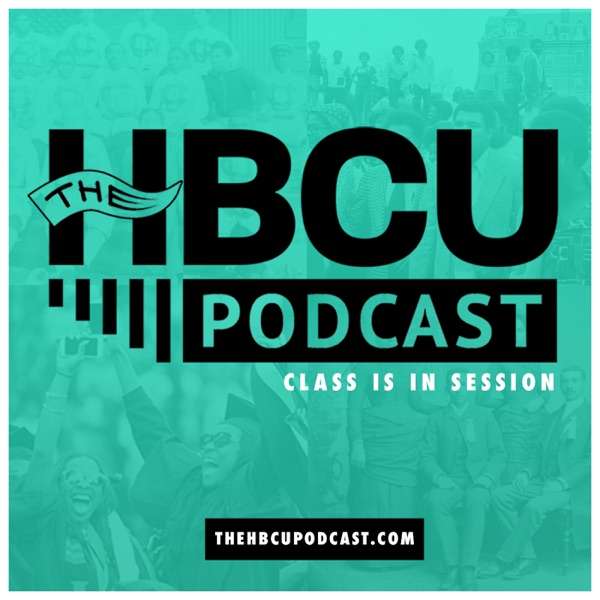For this last week of 2020, each day we will re-release one of the most popular episodes of the past year. We will resume our regular schedule with a new episode on 1/4/2021. Have a Happy Holiday and Happy New Year!
Best of 2020 #3: Dr. Andrew Huberman - The Surprising Truth About Stress (And How it Can Actually Be Healthy) (Originally released 8/18/20)
Dr. Andrew Huberman: The Surprising Truth About Stress (And How it Can Actually Be Healthy)
THIS EPISODE WILL BLOW YOUR MIND!
Do you want to know the surprising truth about stress and how it actually can benefit your health?
Then, you will not want to miss today's episode with neuroscientist, Dr. Andrew Huberman where we cover addiction, stress, cell phones (as he calls it digital concussion) and his incredible story.
Andrew Huberman, Ph.D., is a neuroscientist and tenured Professor in the Department of Neurobiology at the Stanford University School of Medicine. He has made numerous important contributions to the fields of brain development, brain function and neural plasticity, which is the ability of our nervous system to rewire and learn new behaviors, skills and cognitive functioning.
Huberman is a McKnight Foundation and Pew Foundation Fellow and was awarded the Cogan Award in 2017, which is given to the scientist making the largest discoveries in the study of vision. His lab’s most recent work focuses on the influence of vision and respiration on human performance and brain states such as fear and courage. He also works on neural regeneration and directs a clinical trial to promote visual restoration in diseases that cause blindness. Huberman is also actively involved in developing tools now in use by elite military in the US and Canada, athletes, and technology industries for optimizing performance in high stress environments, enhancing neural plasticity, mitigating stress, and optimizing sleep.
Work from the Huberman Laboratory at Stanford Medical School has been published in top journals including Nature, Science, and Cell and has been featured in TIME, BBC, Scientific American, Discover, and other top media outlets.
Andrew’s Journey
Andrew had a great start to his life.
His mother wrote children’s books and his father was a theoretical physicist. Everything in Andrew’s life was going very well, until he turned 13 and his parents separated. When his dad left, Andrew’s mother began to experience stress.
At about the same time that Andrew’s parents separated, his older sister had just left for college. This left him to face life’s obstacles all alone, and reality took a sudden turn for Andrew.
With everything changing so fast in Andrew’s life, he turned to skateboarding as a way to handle and relieve the stress.
It was while skateboarding in Embarcadero, San Francisco that Andrew started to meet new friends, most of whom were growing up without much parental control or influence. This is when Andrew began to recognize that kids growing up without two parent families, lived lives that were more chaotic than other kids with more normal home lives. As Andrew entered puberty, he started skipping school, and from the ages of 14-17, most of his time was spent either skateboarding or with his girlfriend.
As time went by, Andrew also turned to boxing as another tool to handle his stress.
Andrew was ultimately kicked out of school because of the constant troubles that accompanied his presence. He was offered a chance to resume his studies under the condition of going to therapy.
The therapist was of great help, demonstrating to Andrew that there was a better way for him to structure his life. By adding certain types of life tools and structure to his life, Andrew learned that he could achieve the life he was craving internally without relying solely on fighting, boxing and skateboarding.
Once Andrew returned to school he started to play football, where his football coach advised Andrew to start running and lifting weights as a way to build his frail body.
Always curious and self-driven, Andrew began to lift weights. He fell in love with the body that he was crafting through his new hobby. His great physique ultimately pushed him into being a firefighter as a way to make a living.
With his girlfriend moving to college, Andrew would sleep outside of her dorm in the parking lot as a way to stay close with the most intimate friend he had.
Slowly, his old habits of fighting started to re-enter his life. On July 4th 1994, after getting into a fight in the small town of Isla Vista, Andrew found himself considering the direction in which his life was headed. Walking back home from the fight, Andrew decided to change his life for the better permanently. He started by enrolling in a local community college and dedicated himself to achieving excellence in weight lifting, running, reading and studying.
What followed was a metamorphosis into an organized and self-driven individual.
While at the community college, Andrew started taking Psycho-Biology (now known as Neuroscience) and found himself connecting with his charismatic professor, who ultimately acted as a mentor in his educational endeavors. Andrew was self-driven, highly motivated, and made it his life mission to get a PhD in the field of Neuroscience. He achieved his goal, which is a feat that has contributed greatly to his current success.
Addictions
Andrew describes the term addiction as a progressive narrowing of the things that bring you pleasure.
Addictions start and end with the brain chemical dopamine. Whatever we are addicted to overtakes the dopamine circuits and becomes the single most powerful stimulus in our lives.
Dopamine is designed to motivate us and Human beings have evolved as a result of it.
Think about dopamine as a jet engine that propels us towards a certain direction. And when we get to this destination, we get replenished with more dopamine.
Dopamine reinforces the actions that lead to your satisfaction. It's more of a thrill when you want to get what you’re addicted to than actually taking the drug itself.
Therefore, a lot of our daily actions are as a result of dopamine release in the brain. So, it is irrefutable that we need dopamine. The only question is, by what means are you going to get it?
Is it through healthy thoughts and activities that build your life? Or is it through an alternative path that will destroy a person?
Oxytocin and serotonin are the other reward systems in our brain.
They have an effect of making us blissful and feeling a desire to remain still. Examples of times these chemicals are released is when we eat a good meal or after sex.
The addiction to phones.
From Andrew’s definition of what an addiction is, cell phones can definitely be classified as addictive.
Phones have the ability to take a significant amount of people's time and impede upon their ability to experience pleasure with other things.
Industries in the phone industry know this and curated what you see towards satisfying all of your specific needs. Phones now know people better than people know themselves at times. They understand all of a person’s cravings and habits. The more time that an individual spends on a phone, the more that person can exhaust neural circuits and the capacity to focus. Also, when someone is trying to be creative (writing, podcasting etc.), spending significant time on a phone can make it harder to concentrate for long periods of time.
Learning to be calm
The key to leading a happy life is learning to anchor your thinking and maintain control even when you are faced with a lot of problems. Trauma at a young age is a test that many young adults experience, and at the time of the trauma many young people fail to handle it in healthy ways. This is one reason why so many young people turn to drugs as a way to either numb the pain or calm their minds to focus. The good news is, we can learn to cope with stress because the neural circuits that allow us to maintain a clear mind when we’re flooded with adrenaline can be modified by experience.
If you practice how to handle stress on a consistent basis, when someone encounters real life stress, one can learn how to open up your gaze, take a second or two to analyze the situation, and finally react in the right manner.
Being too relaxed is actually the reason why so many people relapse into old habits. Your brain cannot differentiate between the dopamine being released as a result of a good thing such as a job promotion and drug abuse. So, people need to learn to embrace stress because it can be there to help you grow.
Tools to handle stress and anxiety
We can re-shape and adapt better to how we react to stressful situations through employing various tools.
These tools help us develop a bulletproof mindset in relation to how we handle problems as they arise.
With enough practice, you develop a higher level of understanding and control over your nervous system.
- Respiration - Breathing in twice through your nose and breathing out once through your mouth.
- Vision - Dilating your gaze and seeing as much of the room as you can. Then try to see yourself in that room.
- Stressful environments - E.g. taking a cold shower or 25-50 quick deep breaths.
Connect with Andrew
Website - http://www.hubermanlab.com/
Instagram - https://www.instagram.com/hubermanlab/
Twitter - https://twitter.com/hubermanlab
Connect with Doug
Instagram: @dougbopst
Facebook: Doug Bopst
Website: www.dougbopst.com/gift
More on Earth Echo Foods/Cacao Bliss:
www.earthechofoods.com/dougbopst
Use Promo code "Doug" at checkout to receive 15% off your order
Learn more about your ad choices. Visit megaphone.fm/adchoices

 Our TOPPODCAST Picks
Our TOPPODCAST Picks  Stay Connected
Stay Connected







